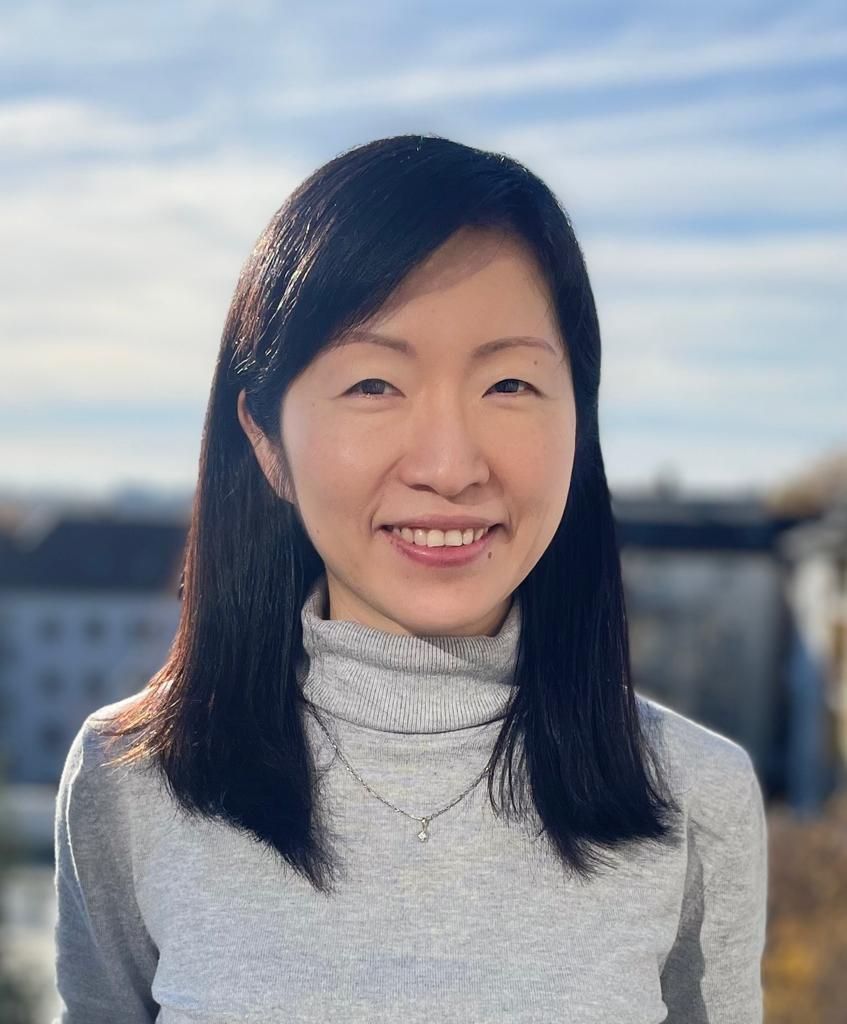Spatiotemporal Tumor Heterogeneity
Dr. Phyllis Fung-Yi Cheung
We focus on the interaction of different lineages and heterogenic cellular signals in shaping distinct phenotypes. As such, the heterogeneity of cell states within the TME is crucial for shaping therapeutic responses in cancer. Acquired therapeutic resistance is a consequence of pre-existing tumor heterogeneity and ongoing diversification during therapy. Notably, therapeutic resistance is controlled not only by cell-autonomous genetic alterations or epigenetic modifications of tumor cells, but also by tumor microenvironment (TME) in non-cell autonomous manner.
Our research interests include:
1. Therapy-induced dynamics in preclinical models harboring heterogeneous TME
2. Spatial multi-omic analysis delineating adaptive plasticity of cancer-associated fibroblasts (CAFs) under therapy
3. Translational application in solid tumors
The integration of our expertise in studying the dynamic (Research Focus 1) and spatial (Research Focus 2) heterogeneity of tumor and microenvironment in solid cancers would allow detailed understanding of the cellular interaction and tissue architecture of TME, as well as their therapy-induced dynamics that might potentially lead to drug resistance. The findings will provide important basis for better precision therapeutics and development of new therapeutic targets (Research Focus 3).
7 questions to Dr. Phyllis Fung-Yi Cheung, winner of the AIO Science Award 2022 (Kompass Onkol (2023) 10 (4): 208–209.)

Dr. Phyllis Fung-Yi Cheung
Junior Research Group Leader – partner site Essen/Düsseldorf
University Hospital Essen
Spatiotemporale Tumorheterogenität / Spatiotemporal tumor heterogeneity